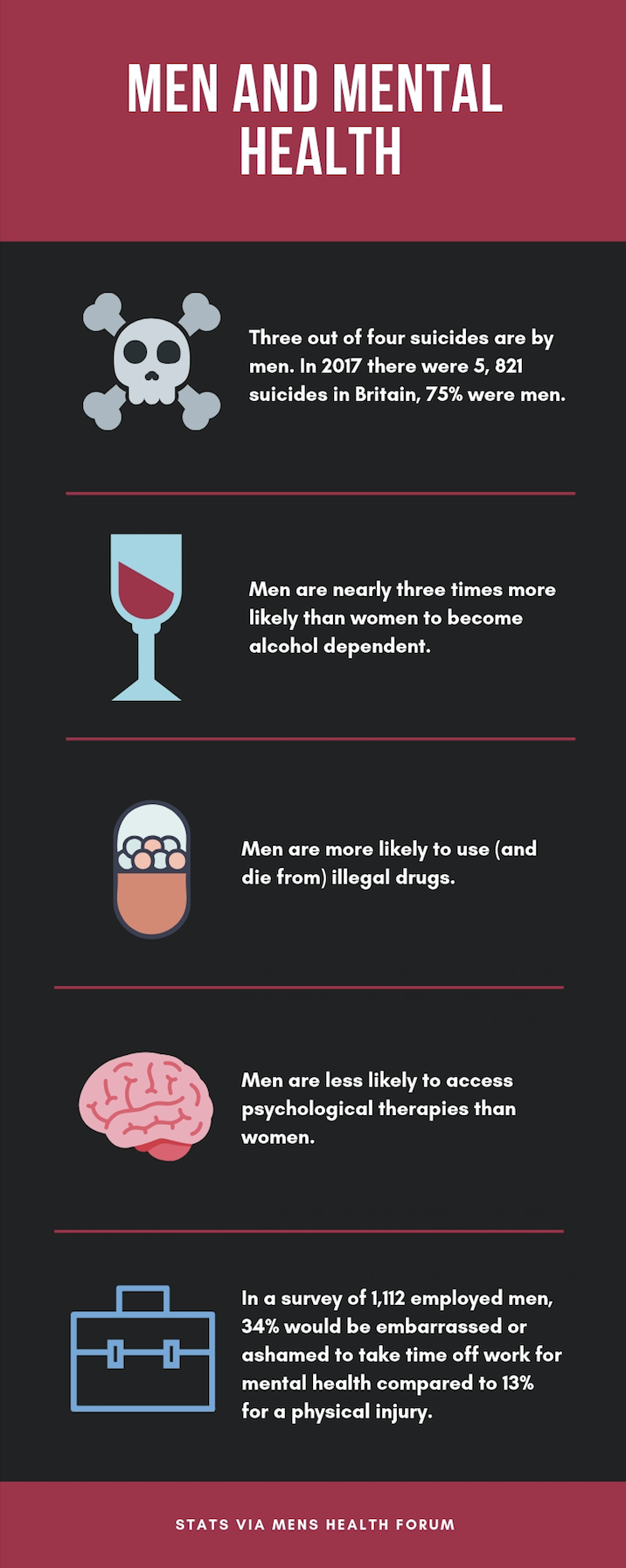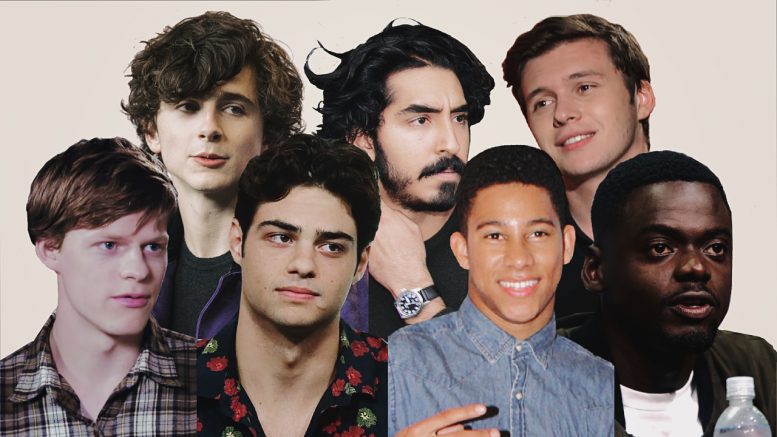If you have paid any sort of attention to pop culture over the past couple of years you have probably heard of one of the following names: Timothee Chalamet, Noah Centineo, Nick Robinson and Lucas Hedges.
Something they all have in common, along with a number of other young actors on the rise, is that they have won over viewers and journalists alike for the way they have been thought to of redefined masculinity on the big screen.
https://twitter.com/sensualhazel/status/1061957810806759424
In the #MeToo era and an age where people are desperately waiting for the end to toxic masculinity (a term to describe the repressive idea that men must be macho and unemotional to be masculine), young actors picking roles that show males can be vulnerable, compassionate and sensitive, seems like a glimmering sign of hope – a diamond amongst all the rough of the Harvey Weinstein and company scandals, if you will. But upon further investigation, maybe this whole thing is sadly not as revolutionary as we think.
However, before we get ahead of ourselves – and just in case you have been living under a rock, it’s important to look at examples of exactly why young actors have been given this praise in the first place. The youngest Best Actor Nominee in almost 80 years, Timothée Chalamet, 22, is probably a smart place to start.
Chalamet got the nomination for his role as Elio Perlman in Call Me By Your Name. The drama, based on the book of the same name, watches teenage Elio fall for another man – grad student Oliver.
https://www.instagram.com/p/Bao3wyGj1KJ/
This leads Elio to feel a myriad of emotions throughout the film; whether it’s deep insecurity when he worries his feelings aren’t reciprocated, untameable amounts of passion in his love for Oliver, or devastating sadness when he is left heartbroken to the point of crying.
There is no denying that Elio’s complex character makes a contrast to the stereotypical emotionally detached male we often claim we are used to seeing. The same goes for Chalamet’s role in Beautiful Boy, a biographical drama where he plays a teenager struggling with drug addiction. Whether it’s euphoria, love, pain, shame, or helplessness, he acts it all.
https://www.instagram.com/p/BqAhvChgKvr/
And it’s no coincidence Chalamet is taking on these multifaceted roles, in a recent interview with i-D he admitted it is part of his goal as an actor: “I want to say you can be whatever you want to be. There isn’t a specific notion, or jean size, or muscle shirt, or affectation, or eyebrow raise, or dissolution, or drug use that you have to take part in to be masculine.”
When Nick Robinson, 23, took to the big screen last year as Simon Spier in Love, Simon – a story about a closeted teen outed by his classmates – we again got to see a non-stereotypical male. He cries when his secret gets out, and in the words of the man himself, he can be “romantic as F”.
Then this summer’s new star, Noah Centineo, gained popularity for playing Peter Kavinsky in To All the Boys I’ve Loved Before. The character is your conventional cool, football player on the surface, but he is a hopeless romantic at heart. There’s certainly no cold Bond type with a women-are-disposable mentality here.
https://www.instagram.com/p/BkTCOkVlsuw/
Academy-Award nominee Lucas Hedges, 21, however probably has the longest CV of roles that challenge toxic masculinity – from his moving performance in Manchester by the Sea to his role in next year’s Boy Erased where he stars as the son forced by his parents to undertake a gay conversion therapy programme.
Fellow young actor Torin Pocock stated to the Voice of London: “To expect young male actors to shy away from these more sensitive roles is to damn them to repeat the mistakes of the past.
“Though this is definitely scary, as it flies in the face of the “boys don’t cry” conditioning most young men are brought up with, it is part of your duty as an actor to jump into what scares you. For the sake of the next generation of young men, it is paramount that these roles are taken up.”
If characters set unrealistic standards for men, it can be detrimental to a male’s mental health. In 2012, a report by the Samaritans said masculinity is one of the six key themes in the reasons for suicide: “Men compare themselves against a ‘gold standard’ which prizes power, control and invincibility.”

Infographic source: Millie Richardson
Yet speaking to Stella Bruzzi, film professor and author of multiple books on masculinity in movies, these actors might not be the saviours from toxic masculinity they’re made out to be.
You’ve probably noticed the examples often reference gay relationships. Well Bruzzi told the Voice of London: “Homosexuality has always been associated with a non-conventional, feminised, softer masculinity,” so we’re not seeing anything too new.
Also, she says yes, Hollywood in the 1980s was “very much full of macho men, but from the 90s onwards it’s been very different”.
Since the men’s movement she believes actors have been showing that men can be soft, vulnerable and have emotional depth. Even superheroes apparently reflect this: “All of them have this side and then they transform into the superhero.” James Bond is probably one of the few films that “hasn’t moved with the times” she says.
But perhaps in the end, it doesn’t matter if these young actors are being ground-breaking or not in their roles, as long as they are challenging the status quo – aka the traditional idea of masculinity, surely that’s all that matters. And maybe it’s more about the person behind the character, however that would be a whole other article…
What do some members of the public think?
Read next:
Beautiful Boy is a realistic and powerful depiction of drug addiction
Words and video by Millie Richardson
Subbed by Tabitha Durrant
Featured image by Millie Richardson, pictures from Wikimedia Commons

